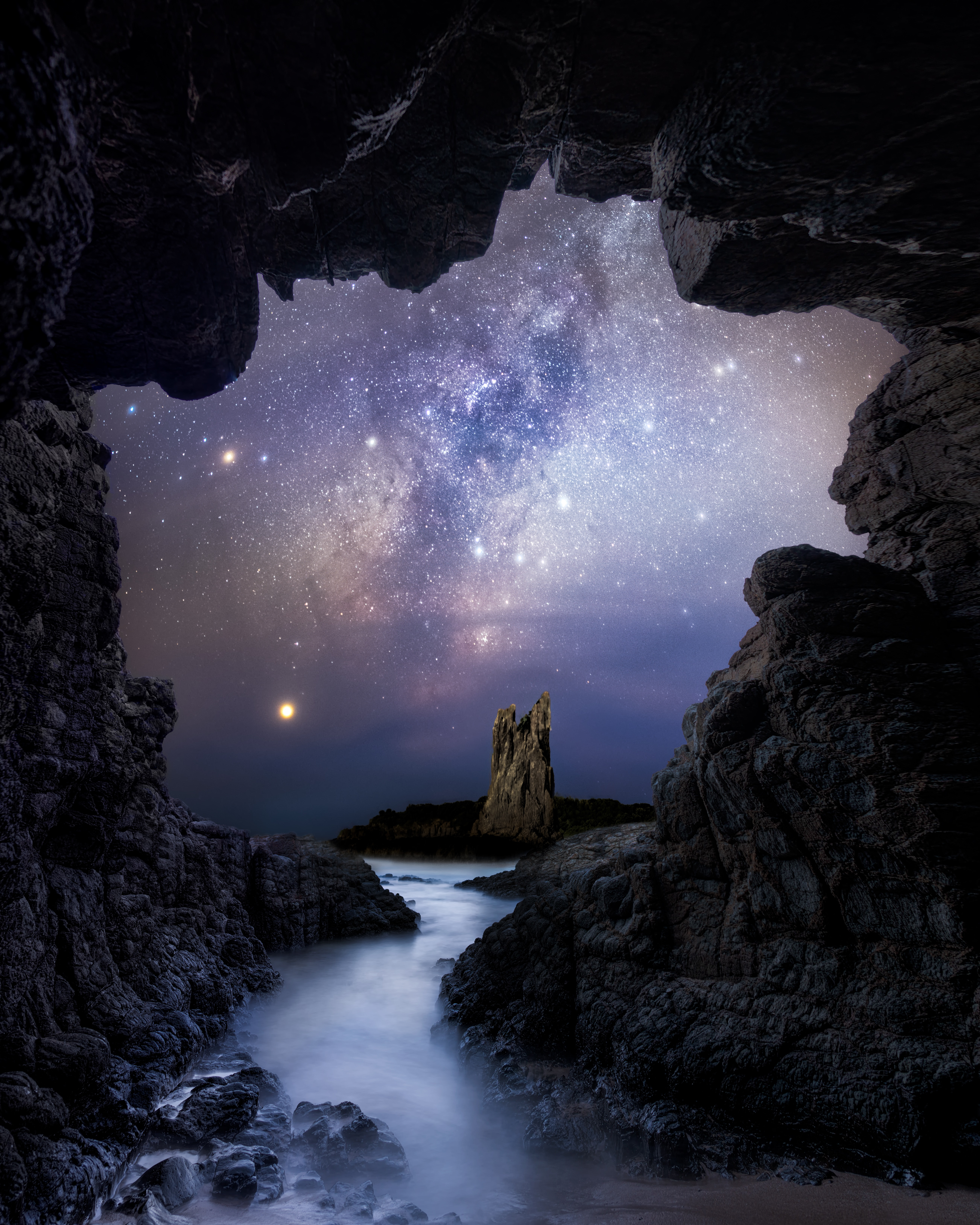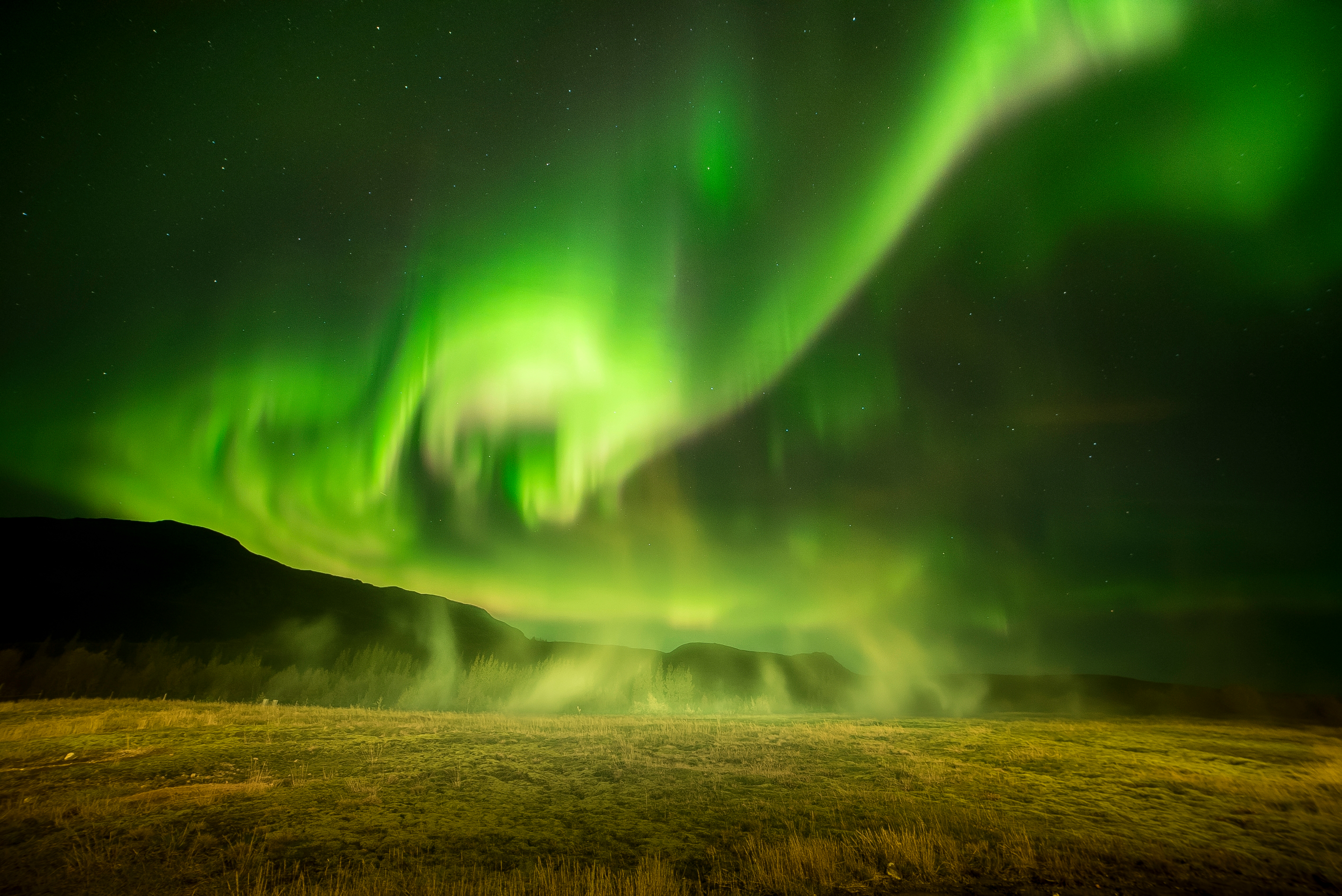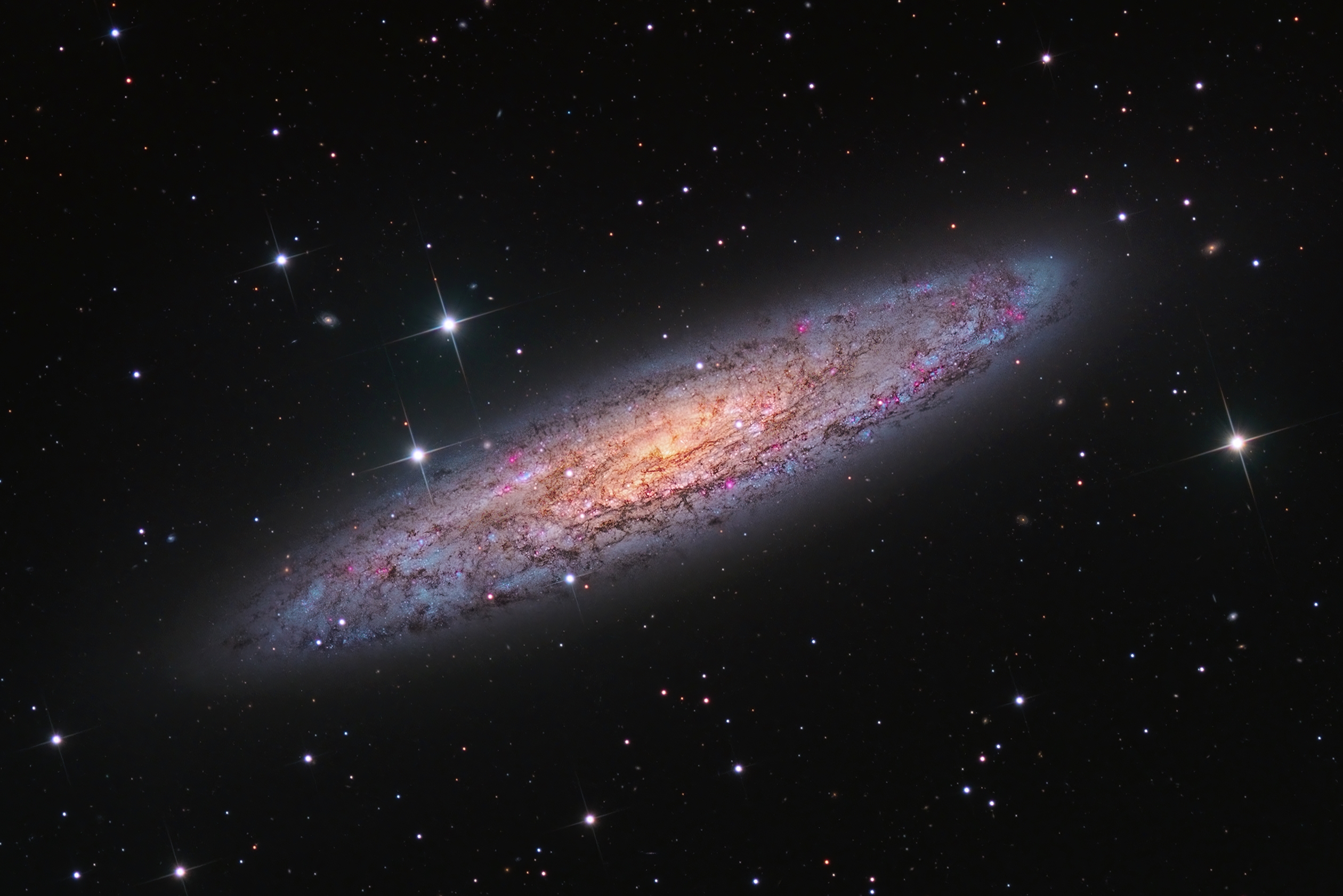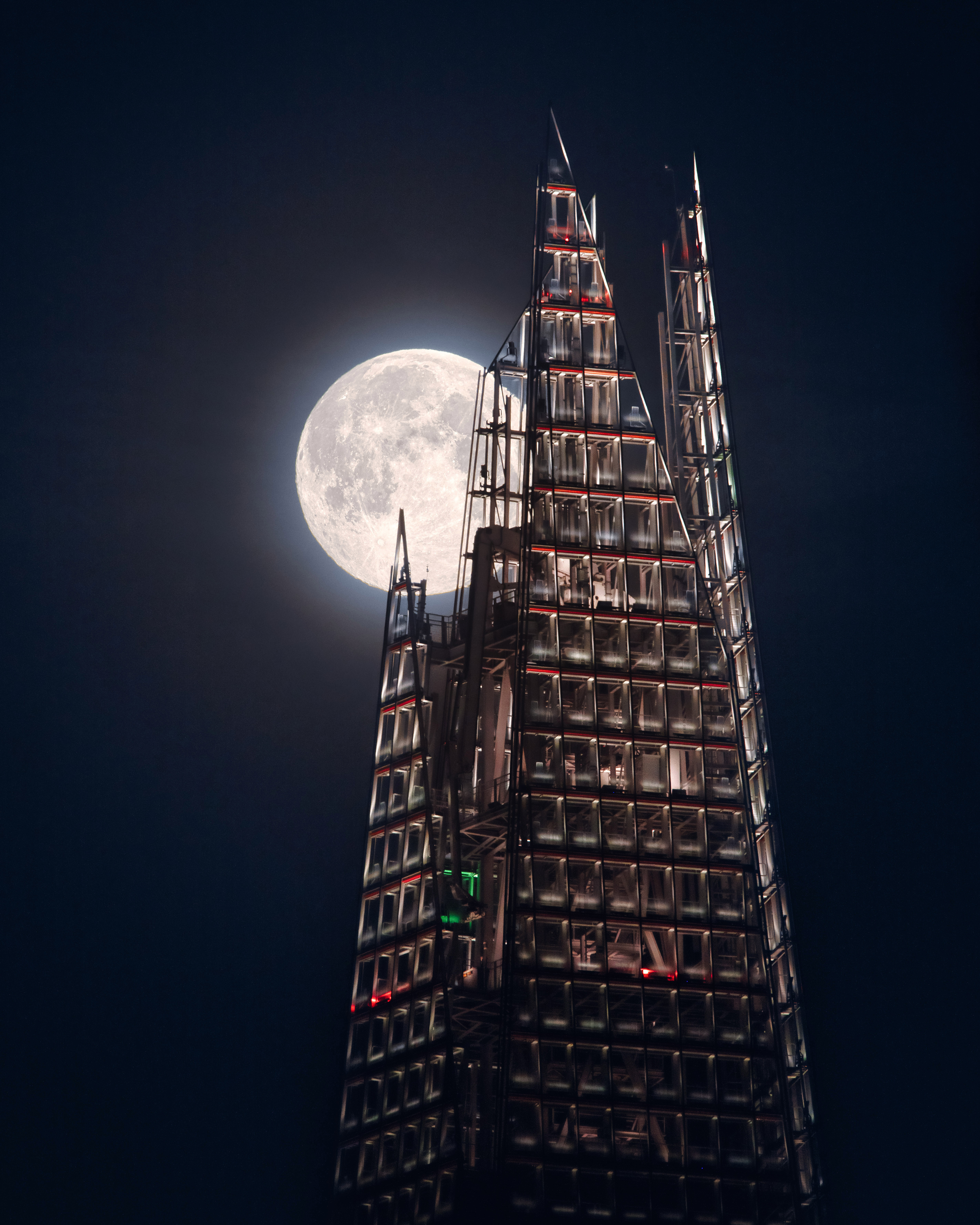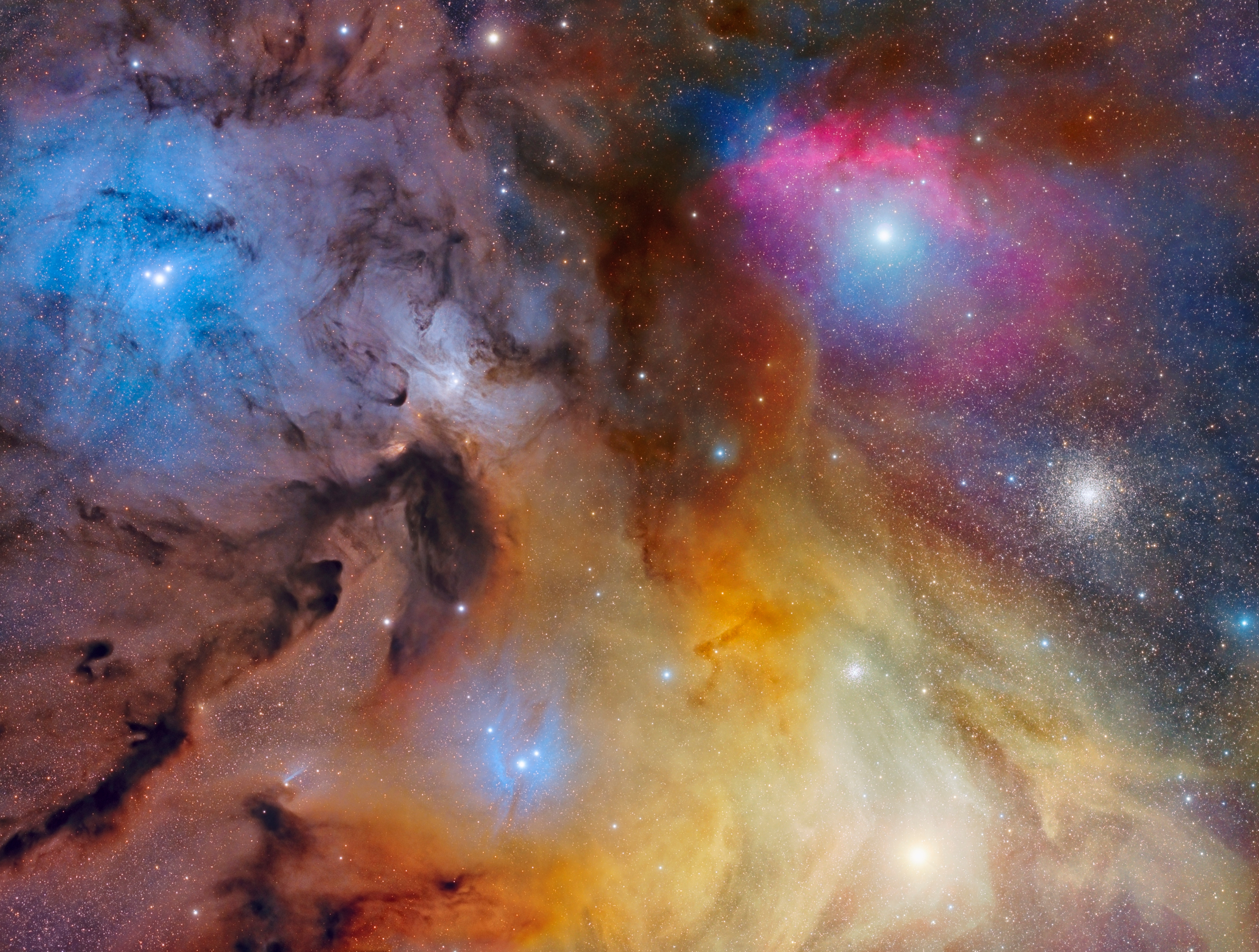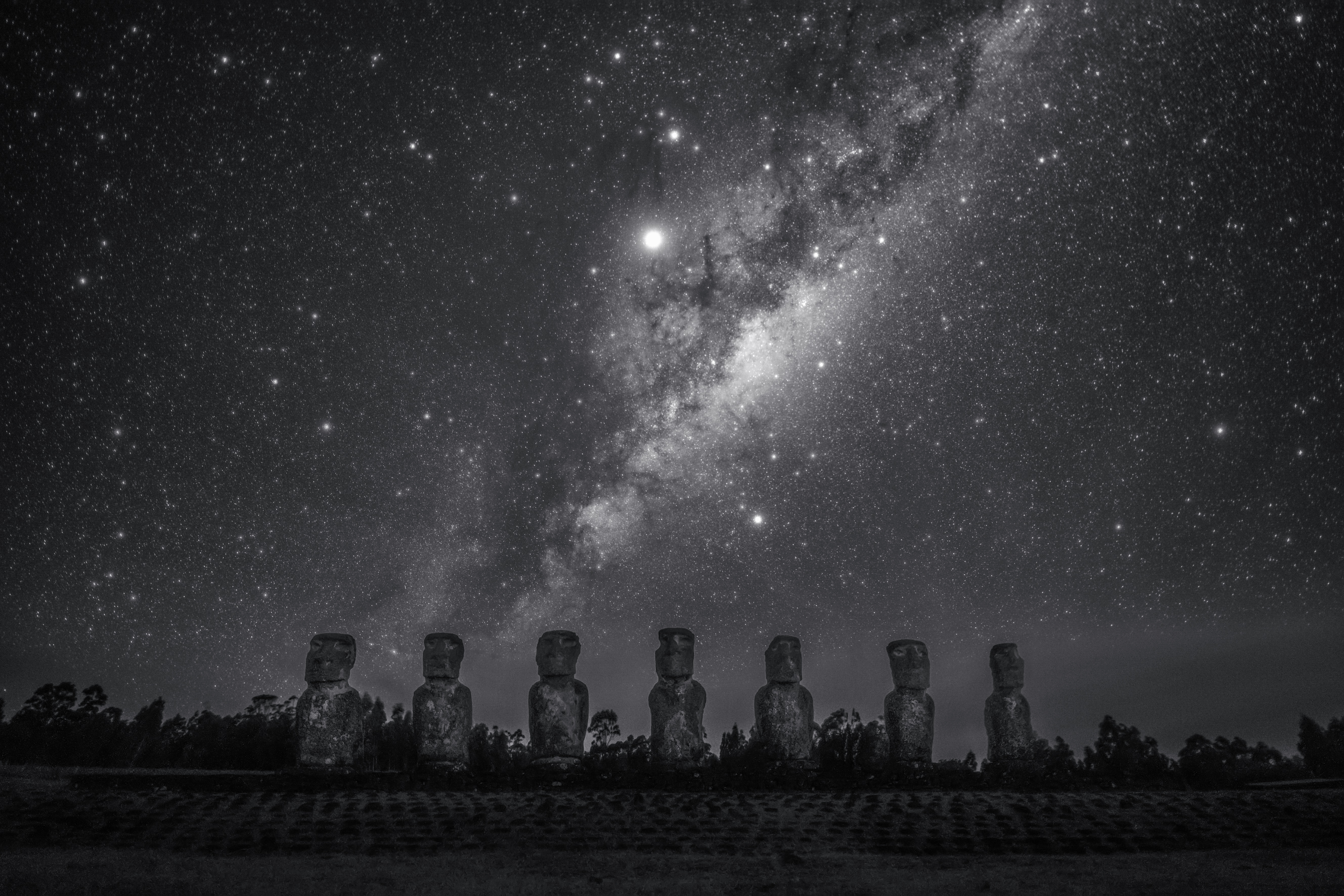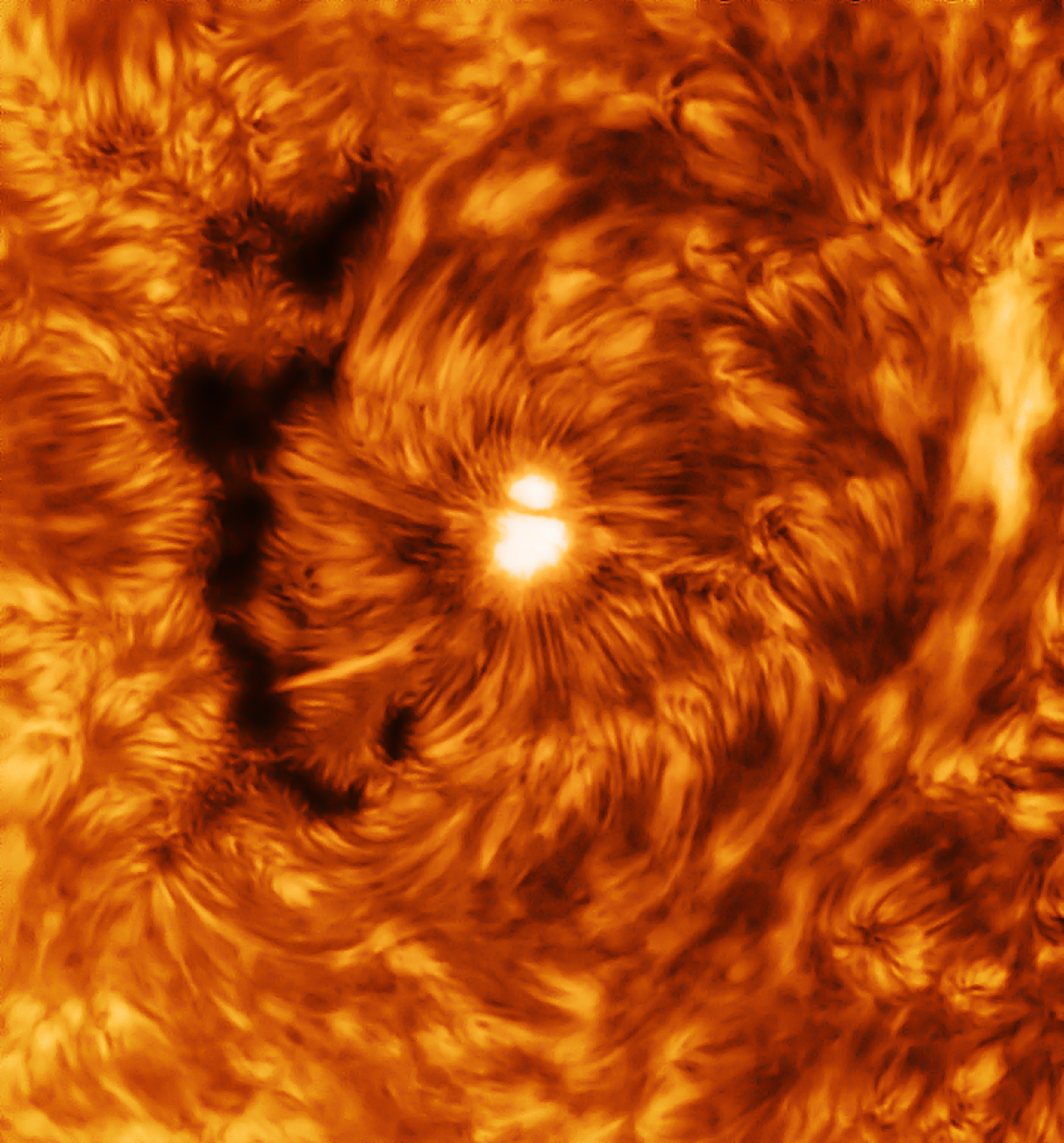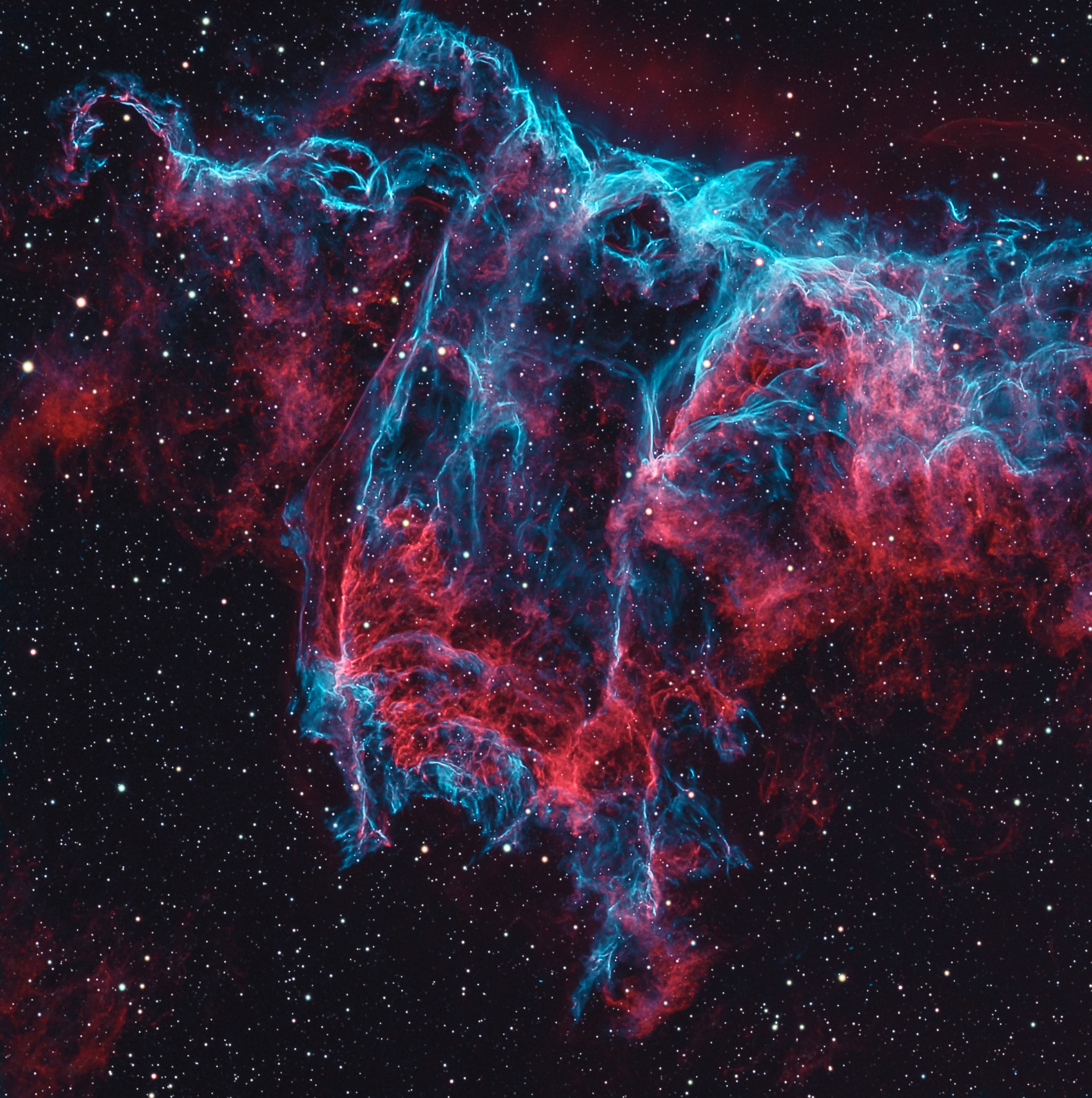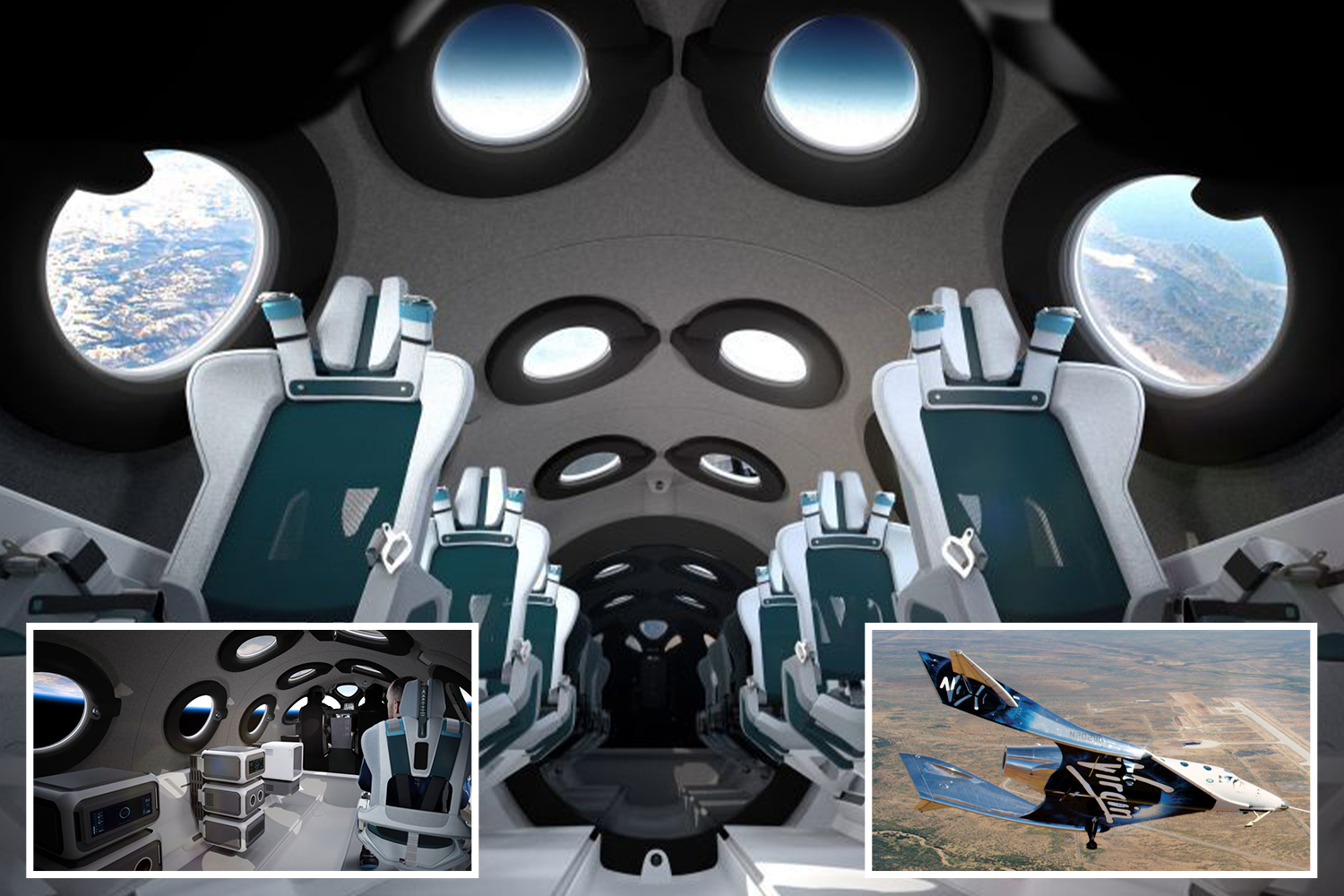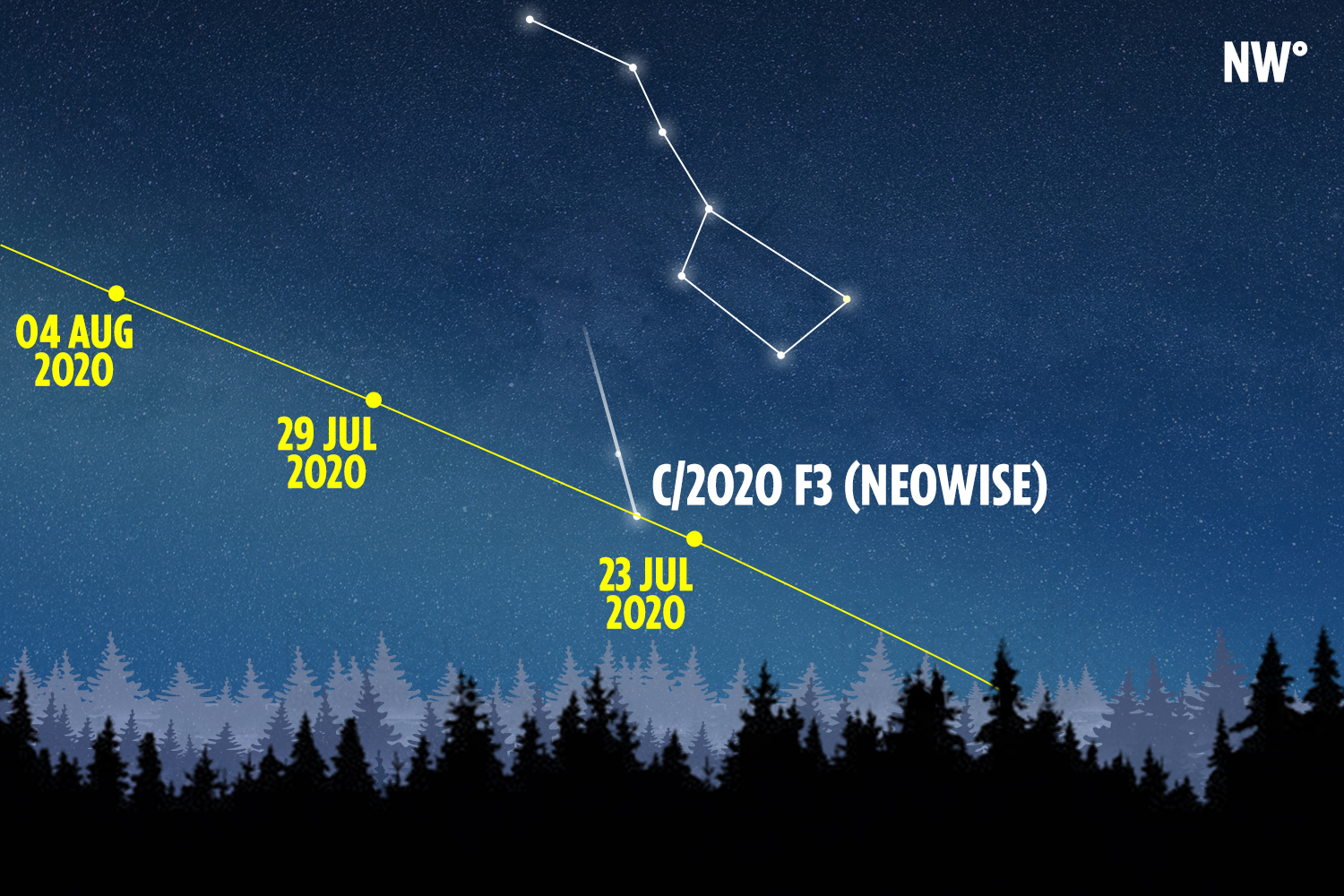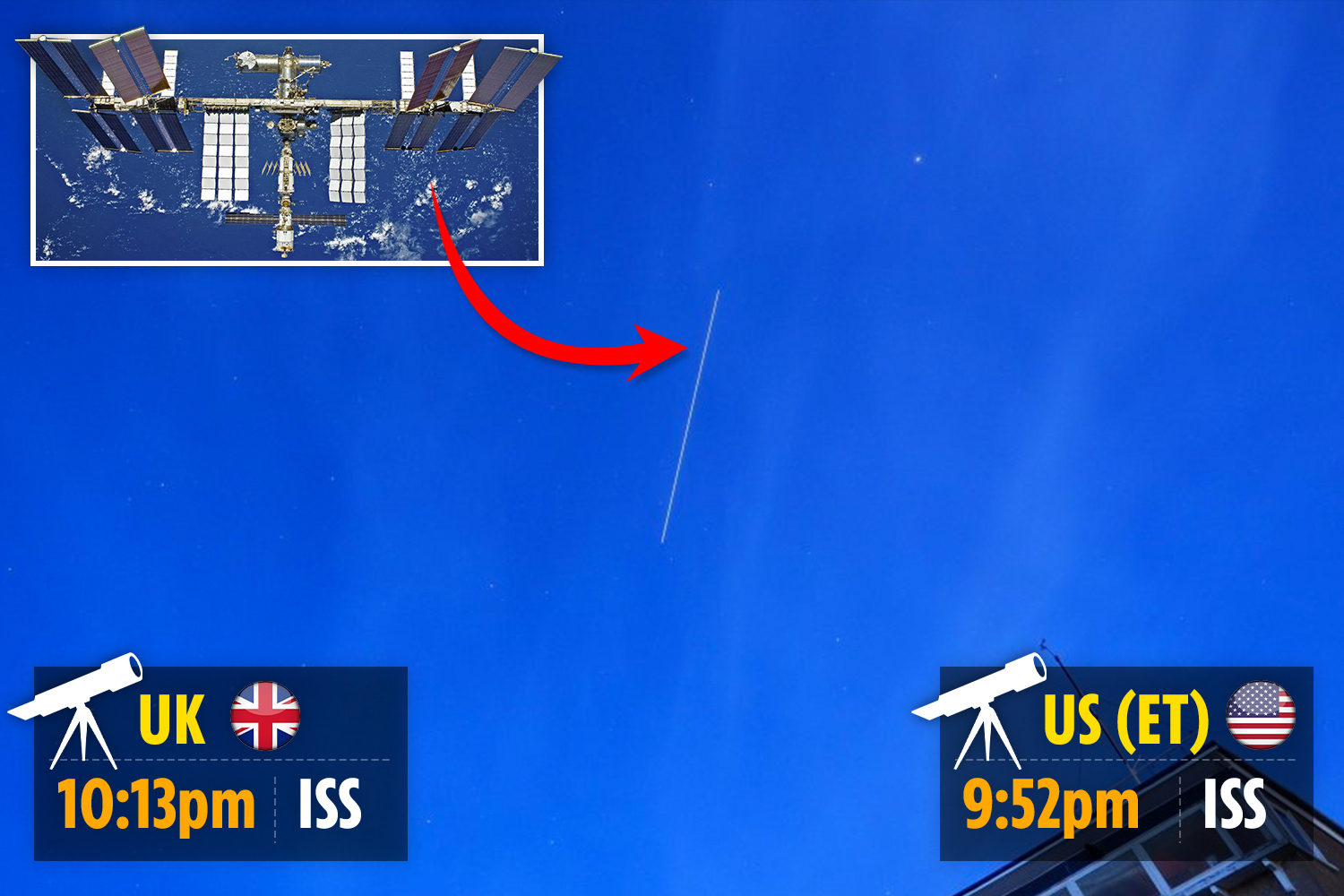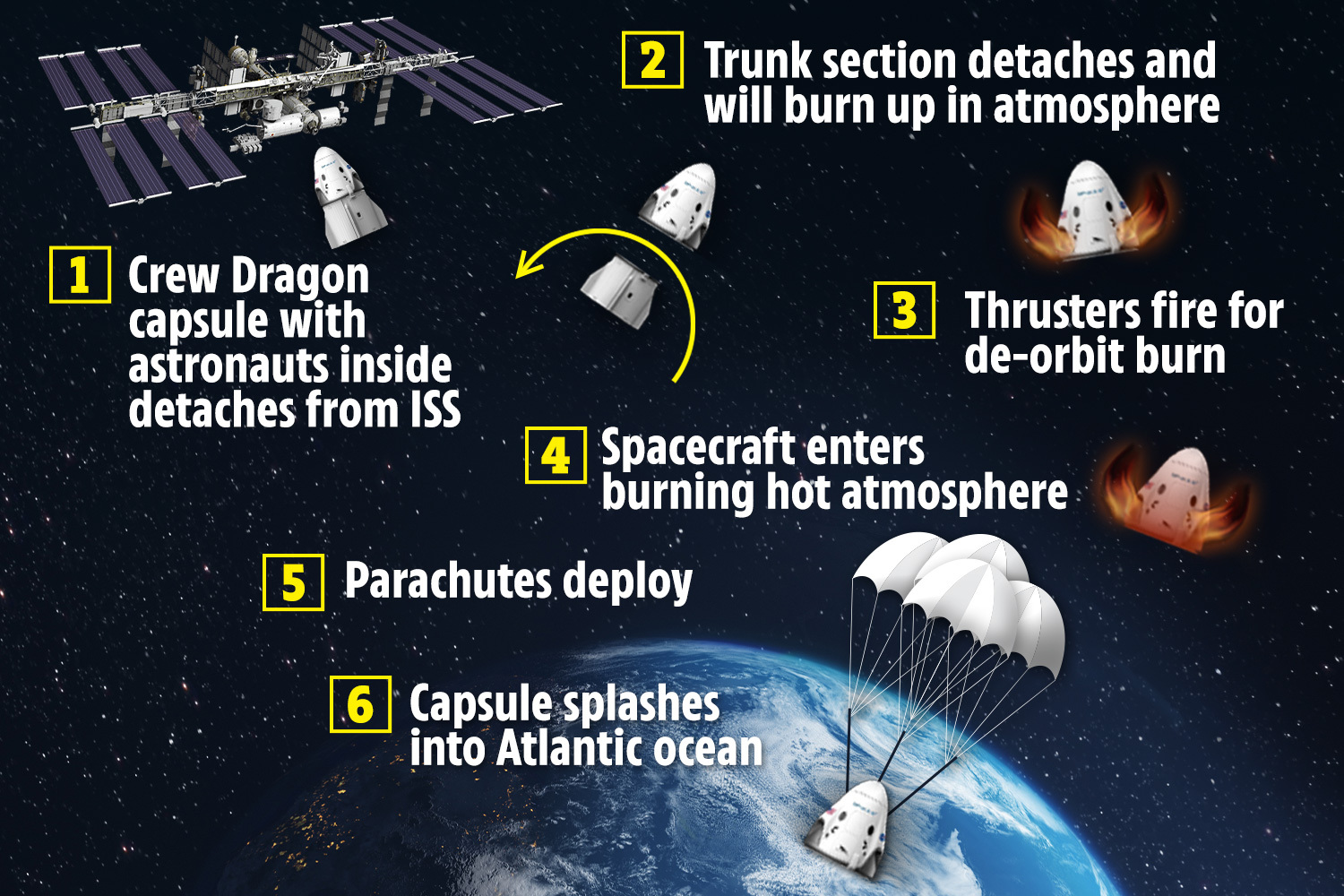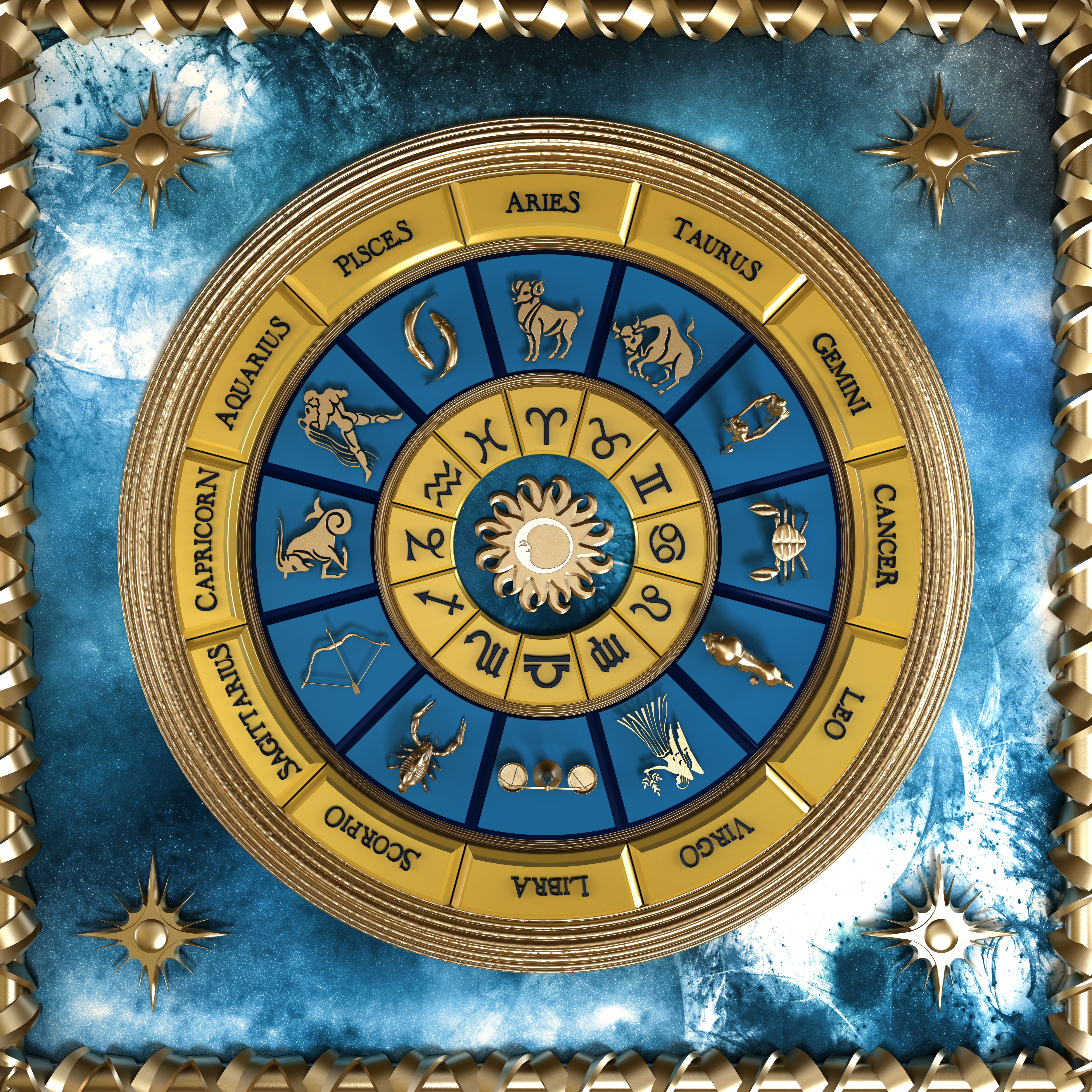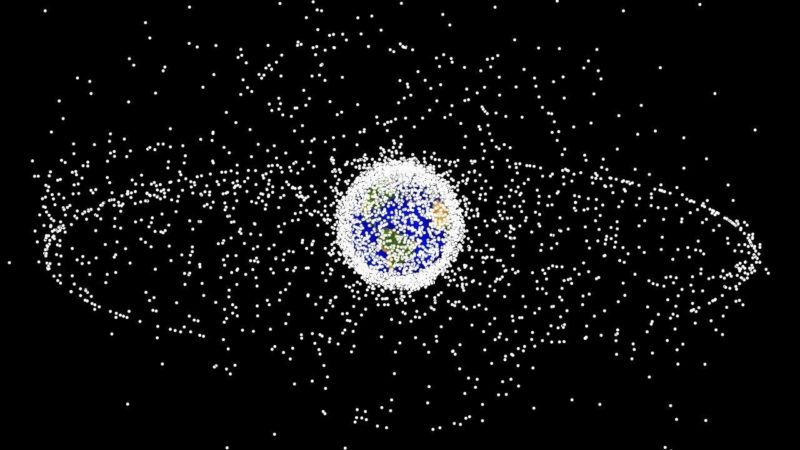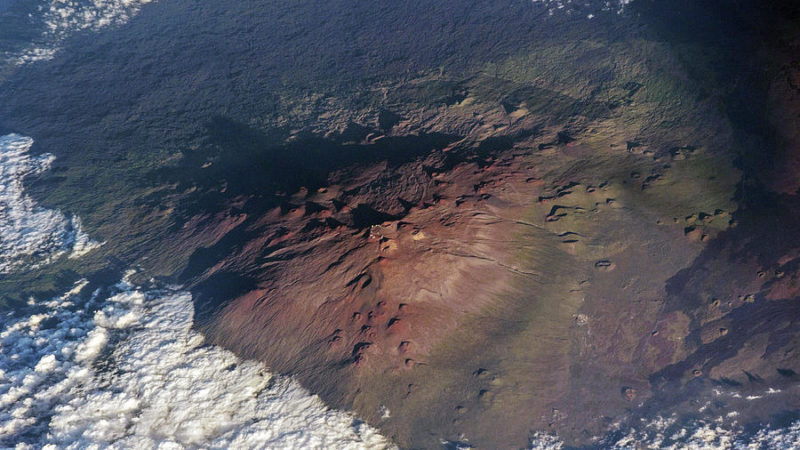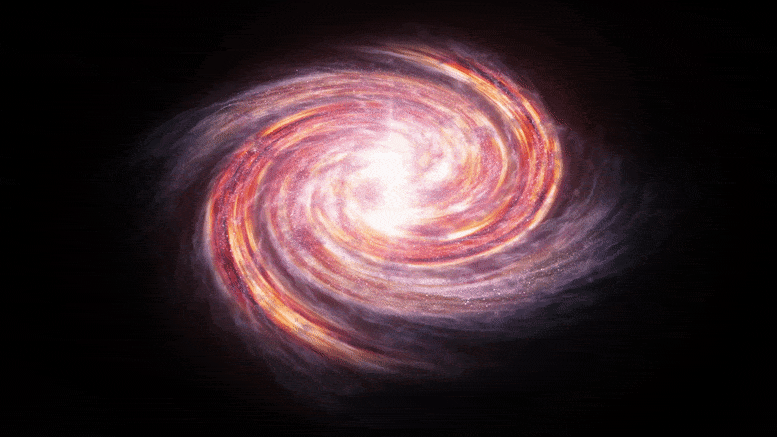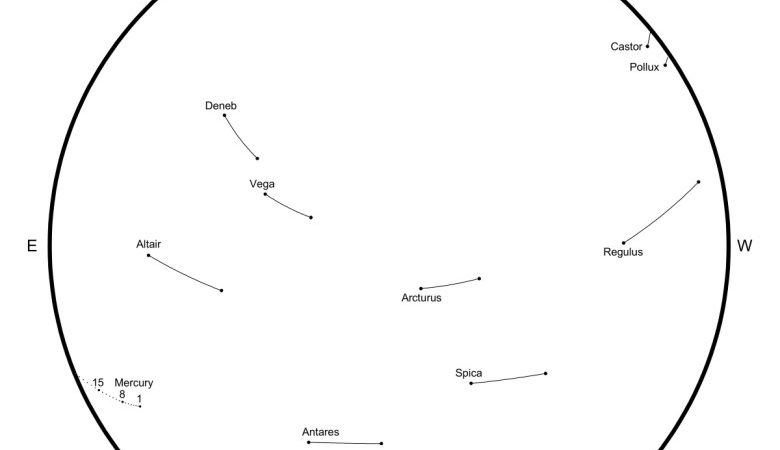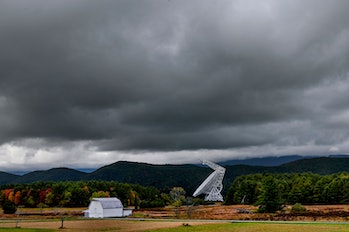The 2020 Astronomy Photographer of the Year Awards received lots of impressive applications and you can see some of them below.
The winners of the Insight Investment sponsored competition will be revealed via an online Royal Museums Greenwich event on September 10.
Snapshots in the running for a prize include images of far off galaxies and celestial displays with Earthly backdrops.
This year has seen a record number of people enter the competition from almost 70 countries.
It’s said to be the biggest space photography competition in the world.
Galactic Portal
This image, called Galatic Portal, was captured by a US-based photographer.
Marcin Zajac took this photo in Australia in the coastal town of Kiama.
He went inside a cave to show how stunning the Milky Way looks from that perspective.
Geysir Aurora
UK entrant Phil Halper is responsible for this eerie image of the Northern Lights.
It shows the famous Geysir of Iceland being outshone by an aurora.
NGC 253 – Starbust Galaxy in Sculptor
Canadian astronomy photographer Terry Robison is responsible for this out-of-this-world image.
It shows the NGC 253 – Starbust Galaxy.
This can be found in the Sculptor constellation and is one of the brightest spiral galaxies visible to us on Earth.
Hamnøy Lights
Andreas Ettl is a potential winner from Germany who had to wait patiently to get this shot over an idyllic fishing village in Norway.
The Moon and The Shard
Fans of the London skyline might think this should be the winner.
This snapshot of the Full Moon and The Shard was taken by Mathew Browne.
The Magnificent: Rho Ophiuchi Complex
Italian entrant Mario Cogo hopes to win with this image of a nebula.
This was taken under the dark Namibian sky over two nights in 2019.
Stargazing Giant
This image shows the Milky Way above the Moai at Ahu Akivi, a sacred place in Easter Island.
It was taken by Dai Jianfeng, an entrant from China.
Bridging the Light Fantastic
This image shows a visible sunspot.
It’s been coloured and enhanced to create this portal-like effect.
The Bat Nebula
This mystical bat-like dust cloud was created when a star exploded.
The enhanced image, by Josep Drudis, shows a section of the Veil Nebula that looks like a bat.
Milky Way facts
- The Milky Way is almost as old as the Universe itself with recently estimates suggestings that the Universe is around 13.7 or 13.8billion years old and the Milky Way is thought to be about 13.6billion years old
- the Milky Way is disk shaped and measures about 120,000 light years across
- It has a supermassive black hole in the middle called Sagittarius A*
- It contains over 200 billion stars
- It is thought to have an invisible halo made of dark matter
Giant black hole at centre of Milky Way exploded ‘recently’
Most read in Science
In other news, it could be your last chance to spot Comet Neowise in the sky this week.
Incredible images captured from the surface of Mars have been remastered in stunning 4K by genius space fans.
And, astronomers claim to have found a mysterious space structure spanning 1.4 billion light years across called the South Pole Wall.
What’s your favourite photo in the competition? Let us know in the comments…
We pay for your stories! Do you have a story for The Sun Online Tech & Science team? Email us at tech@the-sun.co.uk

